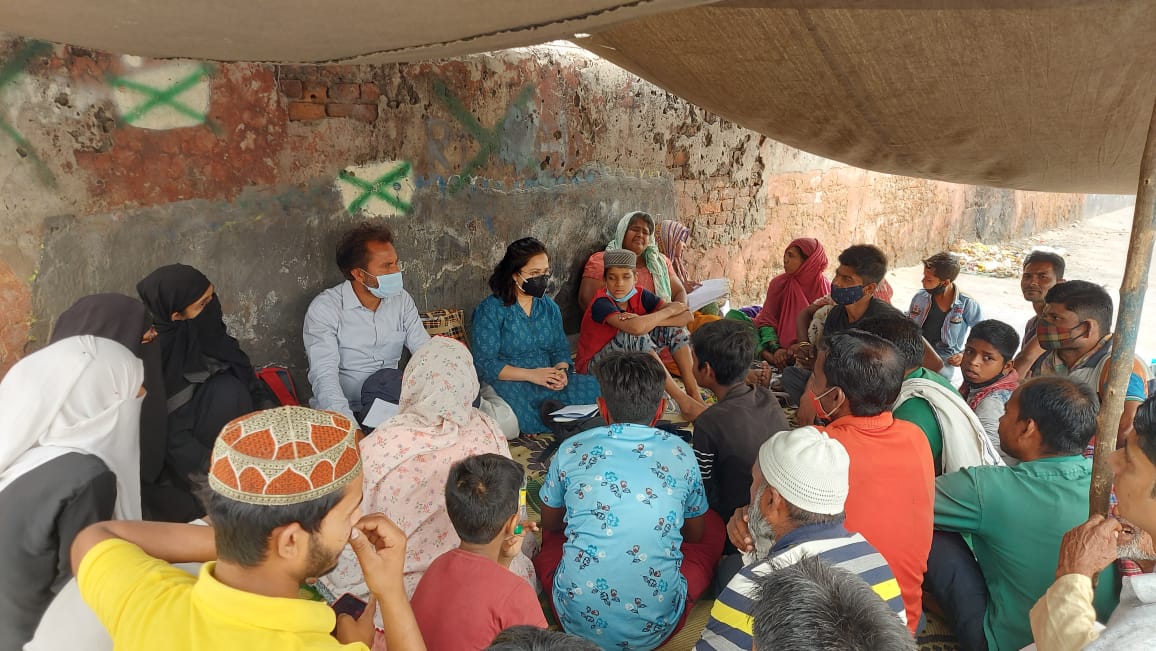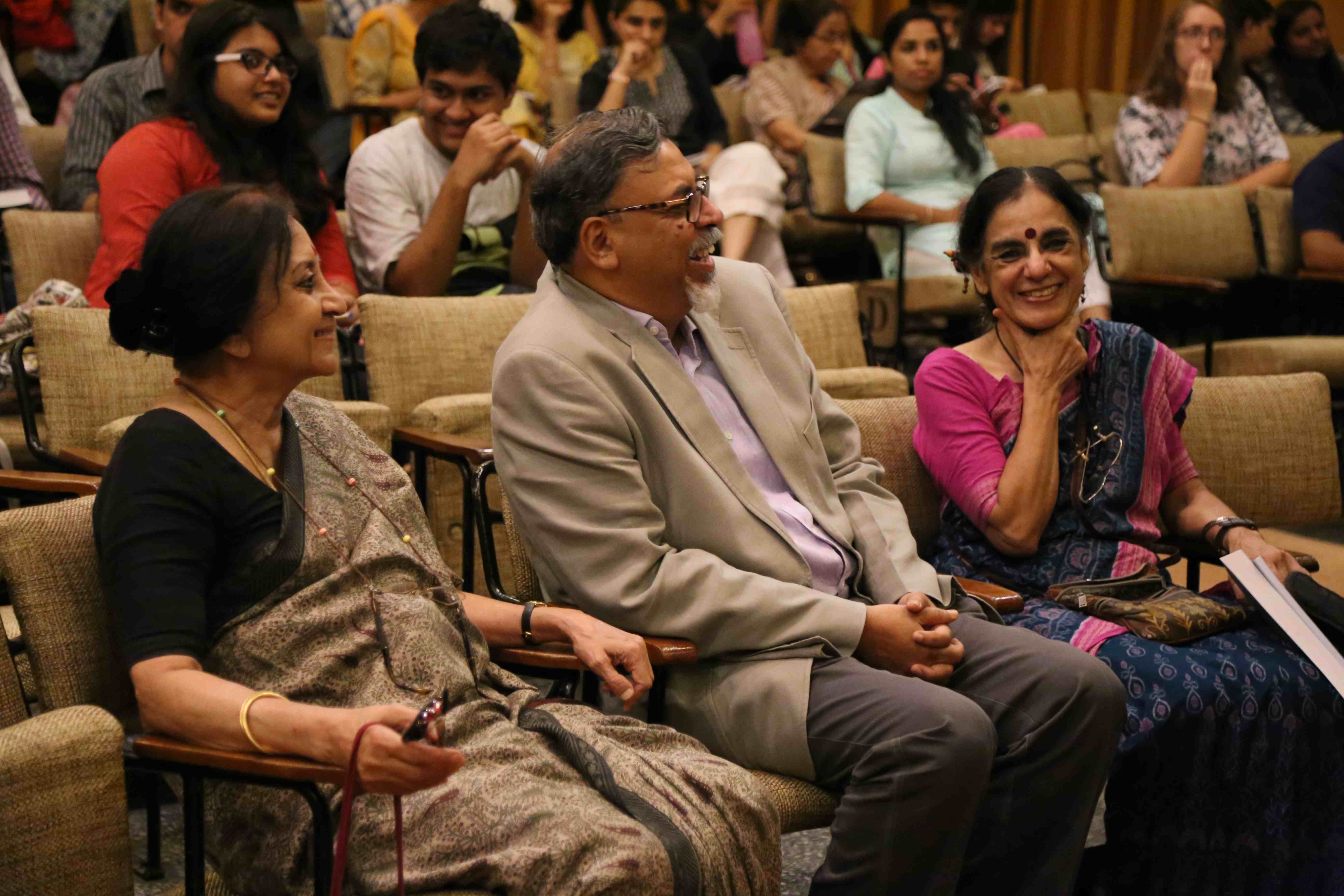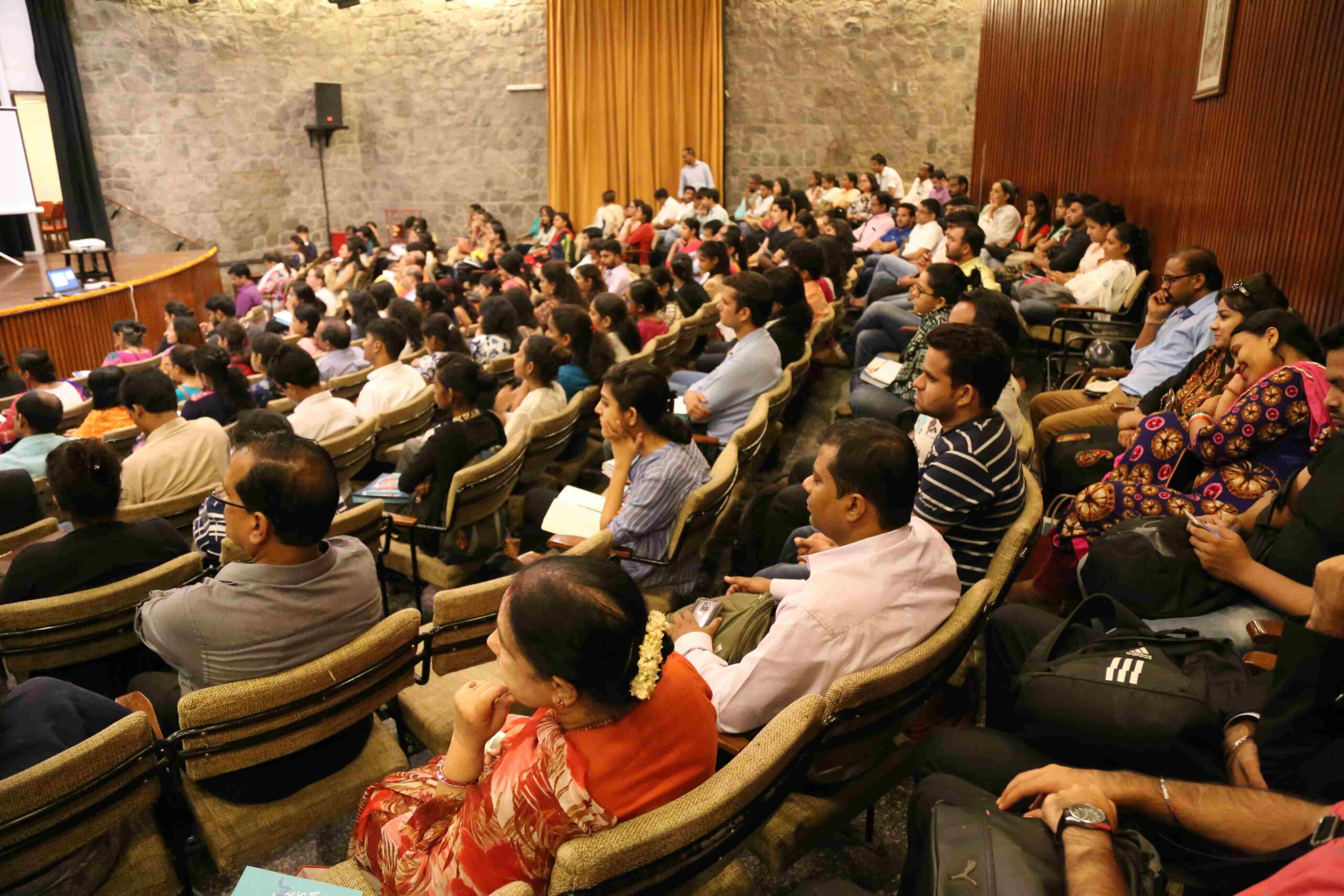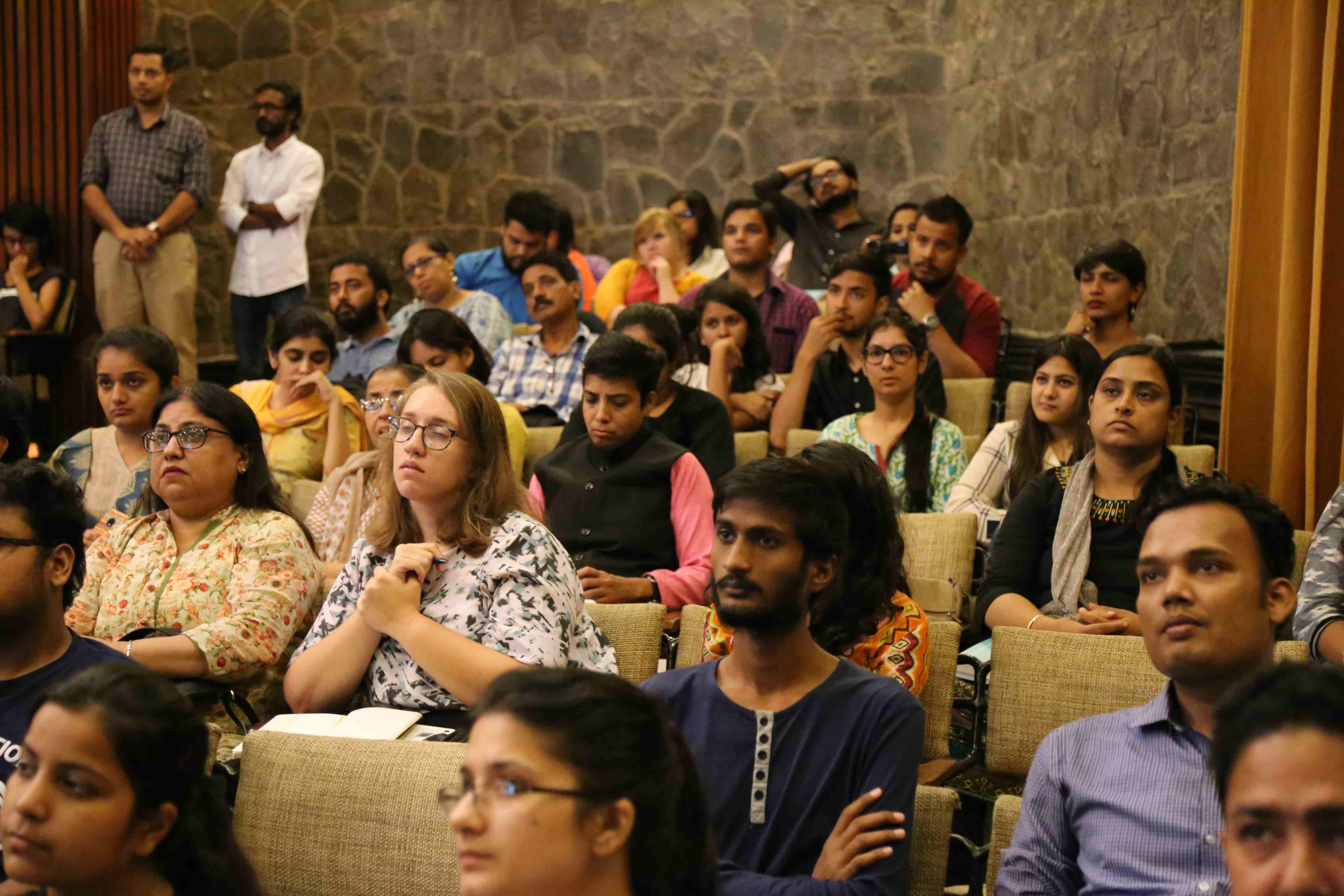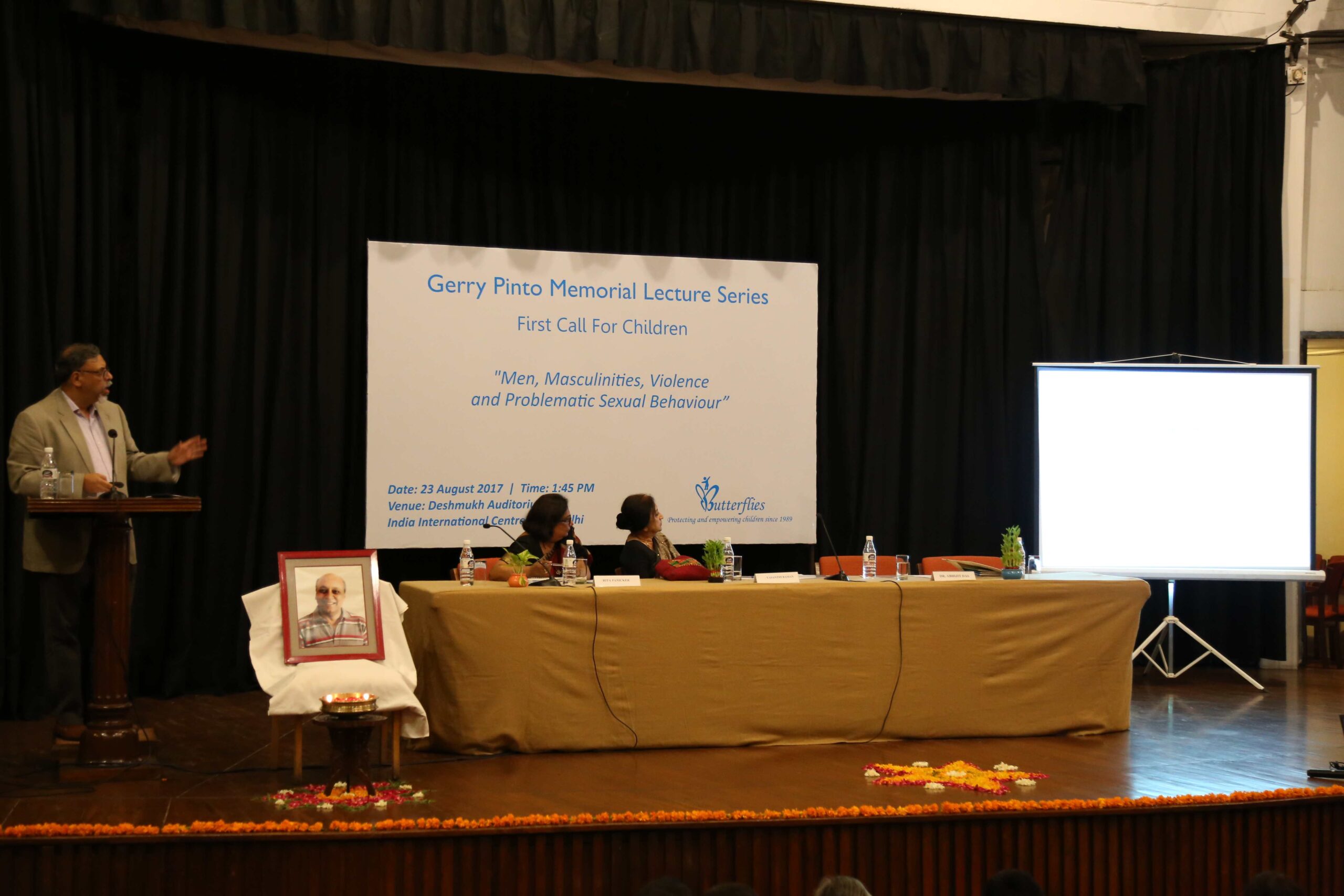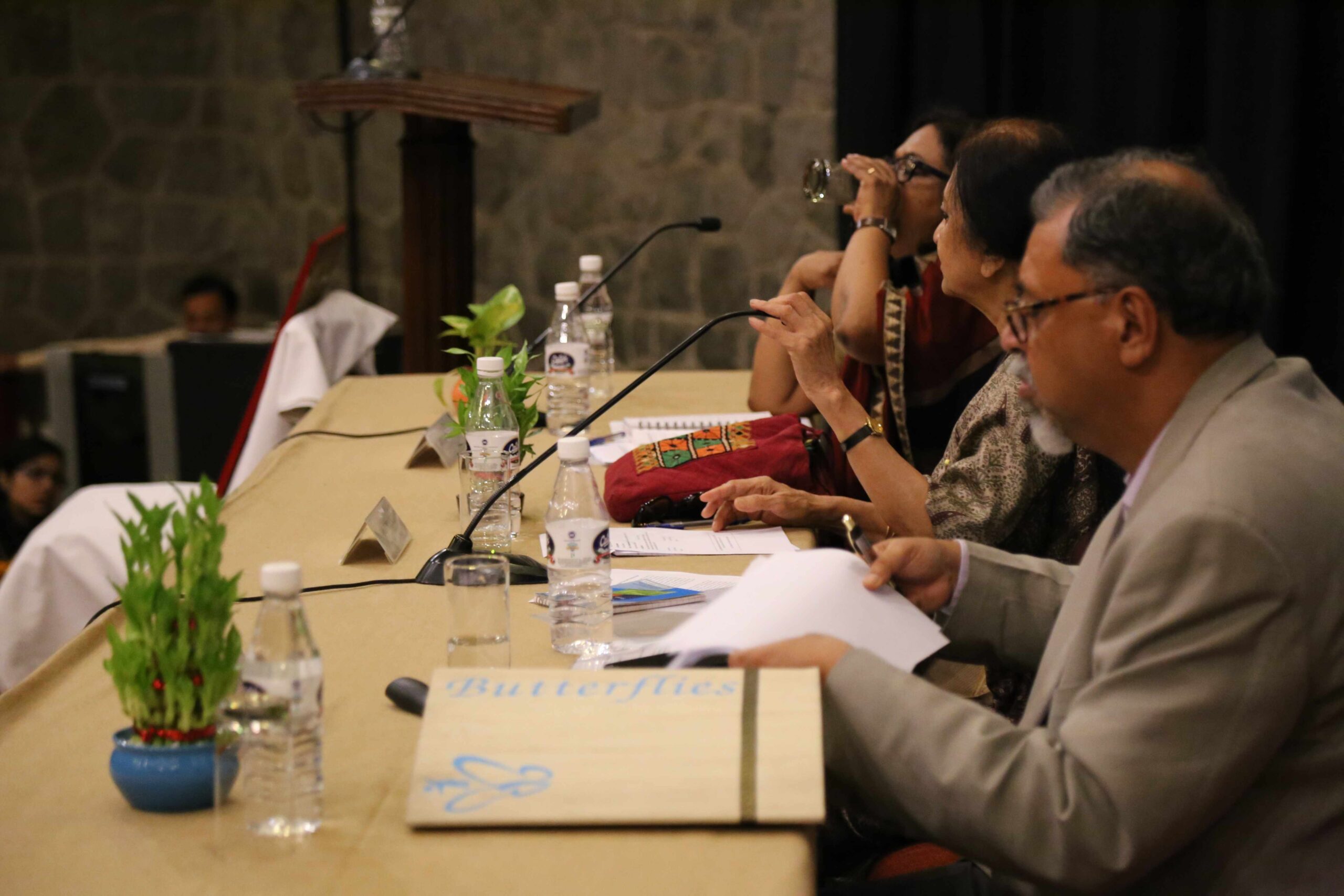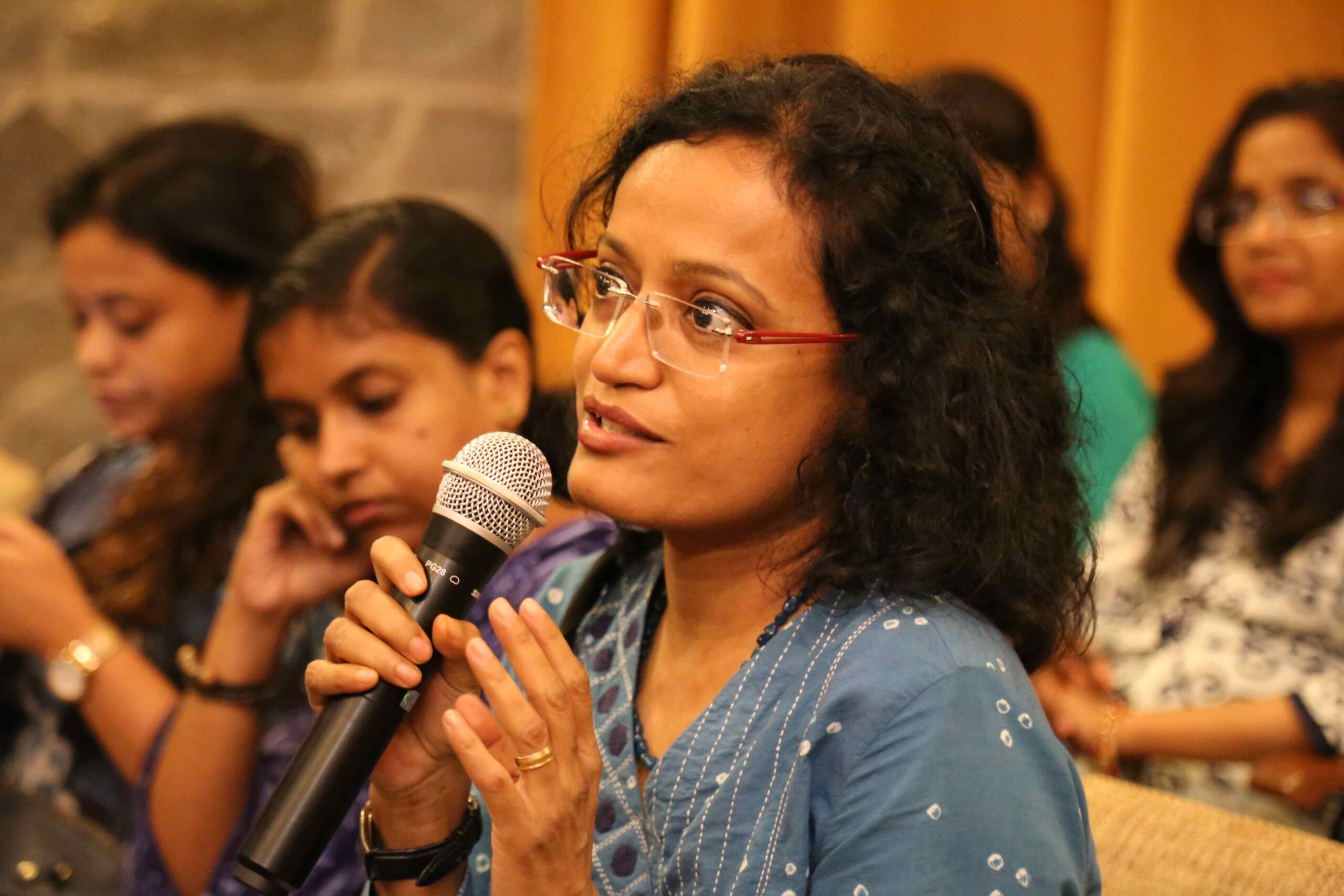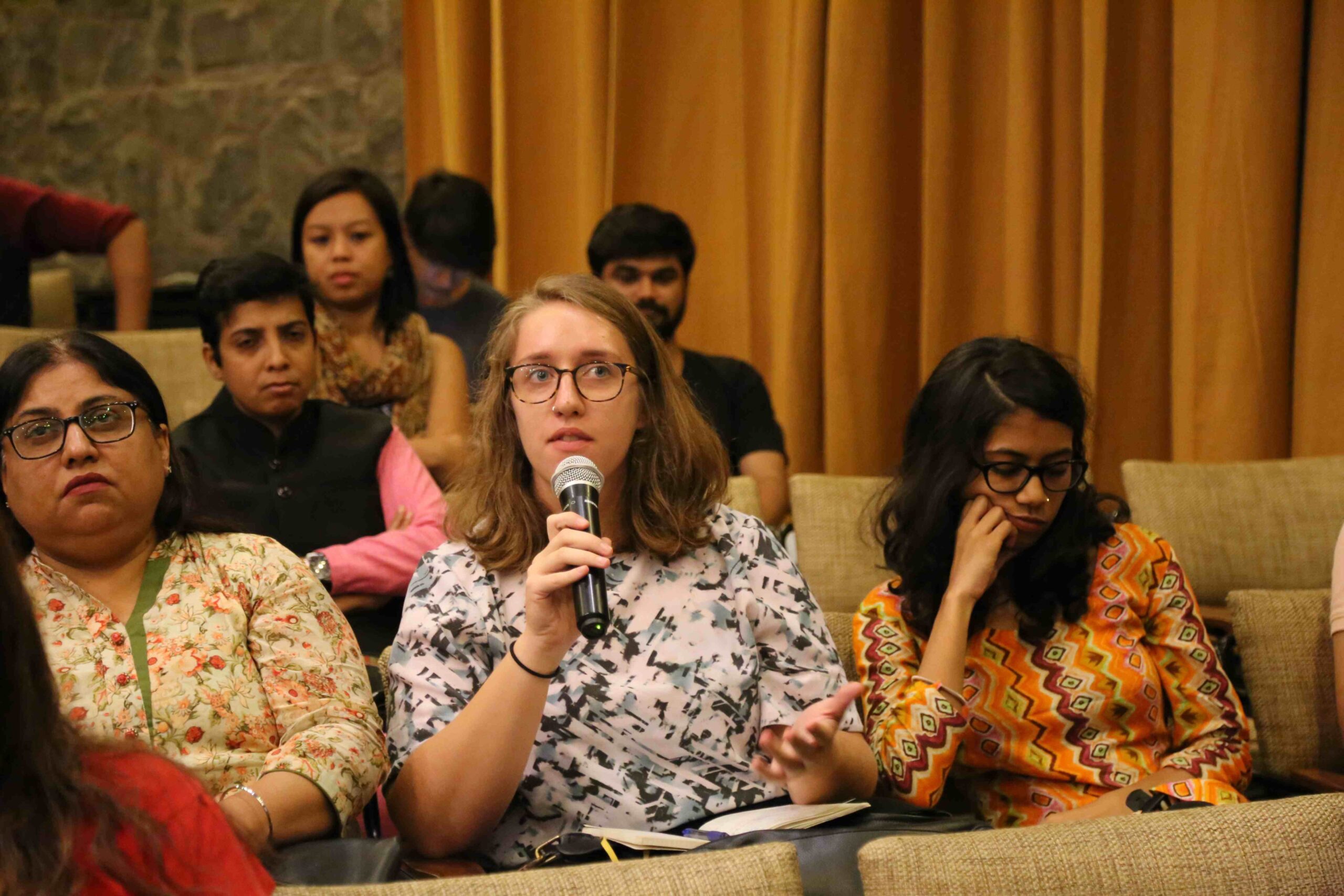Butterflies is organising the Gerry Pinto Memorial Lecture series on the theme of ‘Men, masculinities, violence and problematic sexual behaviour’. Through this lecture we wish to explore and understand how the dominant notions of masculinity shapes the mind of young boys, their roles, their own and society’s ideas of masculinity, the relationships they share with themselves and others including other men. The link between masculinities and violence is not unexplored. Many social sci¬ence scholars, particularly in the last 29 years, have focused on studying and ex¬posing the connections between masculinities and different forms of violence. Why, then, did we choose ‘Men, Masculinities, and Violence and problematic sexual behaviour’ as the theme for this year Annual Lecture Series? The answer is simple, we are still living in a patriarchal society. The rationale behind why studying men is worthwhile and important, not only for academic interest and “balance,” or even for accuracy, but indeed to strengthen feminist research and social change projects.
Firstly, it is argued that superordinate categories like men and masculinities tend to go unmarked (Butler 1990; De Beauvoir 1975; Kimmel 1997; Kimmel and Messner 2009; Salzinger 2004), and correcting this oversight by making men and masculinities objects of study is crucial in making change possible. Secondly, gender is a relational social structure embedded in an intersectional matrix of domination, and therefore in¬formation about one part of the structure informs our knowledge about the rest of it: even a feminism that is totally and completely about women’s experiences should investigate “how men gain, maintain, and use power to subordinate wom¬en” (Collins 1990, 2004; Hanmer 1990, p. 37; Salzinger 2004; Stansell 2010; Thorne 1993). Thirdly, investigating the social construction of masculinity denaturalizes both its form and its superiority, calling men’s superordinate social status into question, disputing the naturalness of hierarchical and dominance-based social structures, and illuminating the possibility of change. Fourth, recent research sug¬gests that the social forces currently stalling gender-egalitarian social change have more to do with ideas about masculinity than femininity (England 2010; Messner 2009; Risman 2004). Finally, investigating masculinity provides valuable informa¬tion for feminist projects, advancing “the goal of revealing and demystifying the mechanisms of power, identifying their internal contradictions and cleavages so as to inform movements for change” (Messner 1996, p. 222). Therefore, investiga¬tions of superordinates, their interests, and their access to power are effective and necessary ways for research to reveal the places where social change can most effectively be encouraged. Social change is incomplete if we only empower women, we need to educate and socialise our boys in a way, so that, they can understand the downside of forms of masculinities and can appreciate relations of equality.

